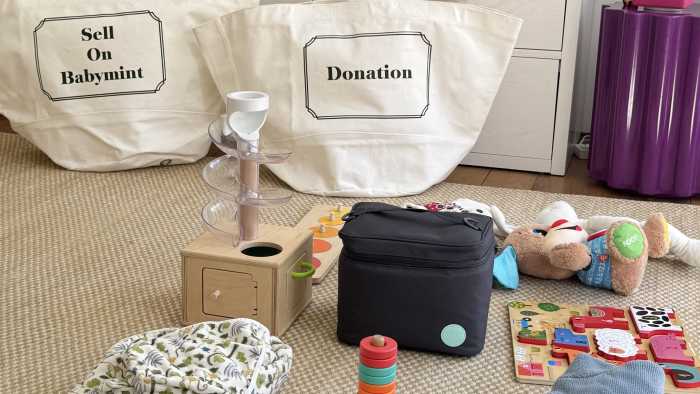It can be hard to believe, but if you are getting divorced, your children may be afraid that you will leave them.
“How can that be?” you wonder. You love your children dearly. You spend lots of time, take care, and play with them. Your children are the most important thing in your life. Abandoning them is impossible — your children “have” to know that.
But do they?
Imagine you’re 7-year-old Jamie who was at a sleepover at a friend’s house, playing and watching cartoons while a few blocks away, her father was moving out of their family home. Or step into 4-year-old Justin’s shoes. He watched his mother pack. Before leaving, she hugged him, said that she loved him, and promised she would call.
What’s missing here? How about sitting these parents down with their children to provide an explanation, reassurance, comfort, and a glimpse of what life will be like post-divorce?
Why do parents fail to provide preparation and comfort? Usually, it has to do with a lack of knowledge or because handling these conversations is just plain hard, or both.
Imagine — as you may have already — telling your children that the marriage is over, and that you or your spouse will be moving out permanently. Won’t they be sad? Might they cry? Get angry? Yes — and that’s OK.
Stop telling yourself that your kids are better off by avoiding the subject — you’re not doing them any favors. Children will fill in the blanks and their invented versions will probably be far more frightening than the truth. Imagined truths can range from “Dad left because I fought a lot with my brother” to “Mom doesn’t love me enough, and that’s why she moved. I’m so bad and worthless that she’s even living in another city.”
Children can — and do — think this way. Kids of divorced parents also often experience insecurity with the parent who has physical custody.
“What do you mean? I work long hours to care for my daughter. I do everything for her. I’m there for her 100 percent. She’s not insecure about me,” you may think.
Maybe, but consider this — from her point of view, one parent she loved has already left. Why shouldn’t you leave someday, too?
“And if Mom also leaves me, how will I take care of myself?” she may be thinking. “How will I live?”
If you have primary physical custody, you may have double the parenting workload now — doing both your former parenting role plus much of what the absent parent used to do. Errands, mowing the lawn, or discipline are suddenly all on your shoulders. Day after day, the demands from the kids seem to grow. Your daughter clings to you when you drop her off at school, whereas she used to walk in without a care. Your son begs to be told another joke, for more water, or another hug at bedtime.
Maybe you have less time for your children, lose your patience, or are less affectionate. Kids may think they’re at fault if you are less available to them just when they need you most. Fear of losing you can grow.
So parents (together, if possible) need to tell kids what is about to happen.
Here’s a sample sit-down conversation parents can have with their children:
Dad: “Your Mom and I aren’t happy being married anymore. I’m going to be moving to a new apartment at the end of the month. I love you, just like I always have. We both love you and will take care of you. And you didn’t do anything wrong.”
Mom: “Would you like to see Dad’s new apartment this weekend? You’ll be there with him every Friday after school and Saturday. And on Tuesday nights, too. When you’re at Dad’s we can talk on the phone, and when you’re with me, you and Dad can talk a lot.”
Explain upcoming changes, especially how your kids will be affected, tailoring the words to your situation. Don’t blame. Invite questions from the children and make sure to listen.
If this talk is too difficult for you, get help from a therapist or a support group. Whatever it takes, you owe it to your children.
New York City and Long Island-based divorce mediator and collaborative divorce lawyer Lee Chabin, Esq., helps clients end their relationships respectfully and without going to court. Contact him at lee_chabin@lc-mediate.com or (718) 229–6149, or go to lc-mediate.com/home.
Disclaimer: All material in this column is for informational purposes only.























